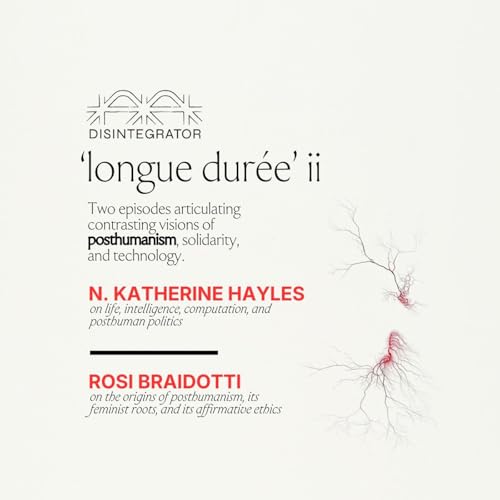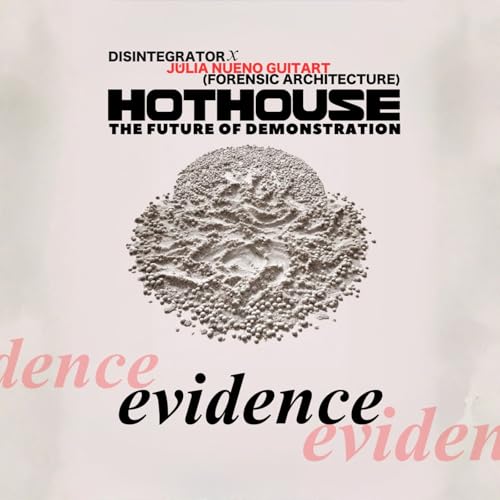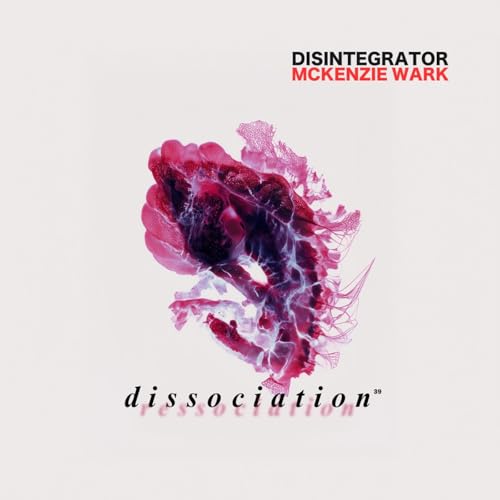We're joined by Rosi Braidotti, Distinguished University Professor Emerita at Utrecht University and founding director of the Centre for the Humanities, for a wide-ranging conversation on posthumanism as both a philosophical project and a political orientation.Braidotti's work has constructed one of the most sustained and consequential accounts of what comes after the collapse of Eurocentric 'humanism.' The conversation traces the long arc from her early intervention on nomadic subjectivity, a materialist corrective to postmodernism's drift into linguistic relativism, through the ethical and ontological turn that her posthumanist project represents. Where poststructuralism gave us the critique of the subject as origin, nomadism gave us a subject that is grounded, embodied, multiple, and in motion.Central to the episode is the missing link in the American reception of French theory: the radical materialist tradition of Deleuze and Guattari, which diagnosed capitalism's schizophrenic logic (its ability to deterritorialize and adapt faster than any opposition) long before it became common sense. Braidotti traces the suppression of that critique through the French Communist Party's blacklists, the invention of "French theory" as an exportable product stripped of its political economy, and the consequences for a left that lost the ability to think technogenesis, cognitive capitalism, or the mutation of subjectivity under media saturation.The conversation then turns to fascism as concept rather than historical event: the philosophical move that Deleuze and Guattari made and that Foucault named in his preface to Anti-Oedipus. This allows Braidotti to connect micro-fascism (the cult of negativity, the eroticization of power-as-humiliation, the viral spread of impotence) to the coherent neo-fascist philosophical tradition running from Alain de Benoit through the Heritage Foundation and Budapest to Peter Thiel's Yale dissertation on sacrifice. While the left blocked its own analytical capacities, the right was doing serious philosophical work.Against all of this, Bradiotti proposes affirmative ethics: a Spinozist praxis of activating what a body can do. The episode ends thinking through scale, how affirmative ethics operates from the city to the planetary, and the urgency of the European federalist project as the only existing institutional attempt to participate in decisions about what we could possibly become.Some references:Rosi BraidottiPatterns of Dissonance, Polity Press, 1991Nomadic Subjects: Embodiment and Sexual Difference in Contemporary Feminist Theory, Columbia University Press, 1994Metamorphoses: Towards a Materialist Theory of Becoming, Polity Press, 2002Transpositions: On Nomadic Ethics, Polity Press, 2006The Posthuman, Polity Press, 2013Gilles Deleuze & Félix GuattariAnti-Oedipus: Capitalism and Schizophrenia, 1972 (English trans. 1977, preface by Michel Foucault)A Thousand Plateaus: Capitalism and Schizophrenia, 1980Félix GuattariThe Three Ecologies, 1989 (English trans. 1991)Michel FoucaultPreface to the American edition of Anti-Oedipus, 1977SpinozaEthicsTheological-Political TreatiseAntonio NegriThe Savage Anomaly: The Power of Spinoza's Metaphysics and Politics, 1981Genevieve LloydPart of Nature: Self-Knowledge in Spinoza's Ethics, University of Minnesota Press, 1994Spinoza and the Ethics, Routledge, 1996Antonio DamasioDescartes' Error: Emotion, Reason, and the Human Brain, 1994Looking for Spinoza: Joy, Sorrow, and the Feeling Brain, 2003Simone de BeauvoirThe Second Sex, 1949Frantz Fanon — mentioned in relation to decolonial thought and the anti-fascist generation Herbert MarcuseOne-Dimensional Man, 1964Eros and Civilization, 1955Rosa Luxemburg — cited as an ecological thinker; the dialogue with Lenin in Zurich narrated by Isaiah Berlin Isaiah Berlin — on Spinoza and radical enlightenment; on Rosa LuxemburgAltiero SpinelliThe Ventotene Manifesto, 1941 — founding document of the European federalist projectDonna Haraway"A Cyborg Manifesto," 1985VNS Matrix"A Cyberfeminist Manifesto for the 21st Century," 1991Alain de Benoist — neo-fascist philosopher, intellectual architect of the European New Right; cited as formative influence on Steve Bannon and the Heritage Foundation / Budapest / Rome foundation networksJulius Evola — philosopher of Italian fascism; cited alongside de Benoist as daily reference for BannonPeter Thiel — PhD dissertation on René Girard and the concept of sacrifice, Stanford / Yale; position papers on technological selection and extinction
Show More
Show Less
 Mar 2 202644 mins
Mar 2 202644 mins Feb 18 20261 hr and 10 mins
Feb 18 20261 hr and 10 mins Feb 18 202659 mins
Feb 18 202659 mins Feb 4 20261 hr and 5 mins
Feb 4 20261 hr and 5 mins 53 mins
53 mins Dec 22 202551 mins
Dec 22 202551 mins Dec 9 202555 mins
Dec 9 202555 mins Dec 2 202552 mins
Dec 2 202552 mins
